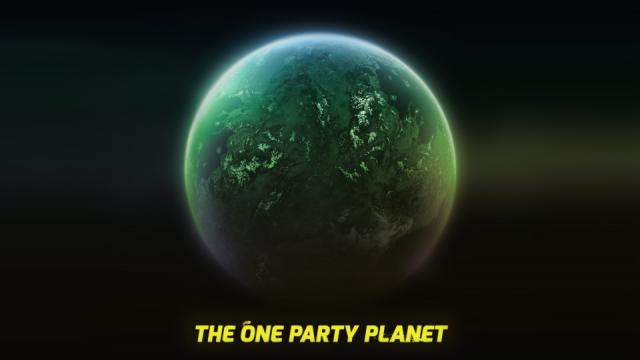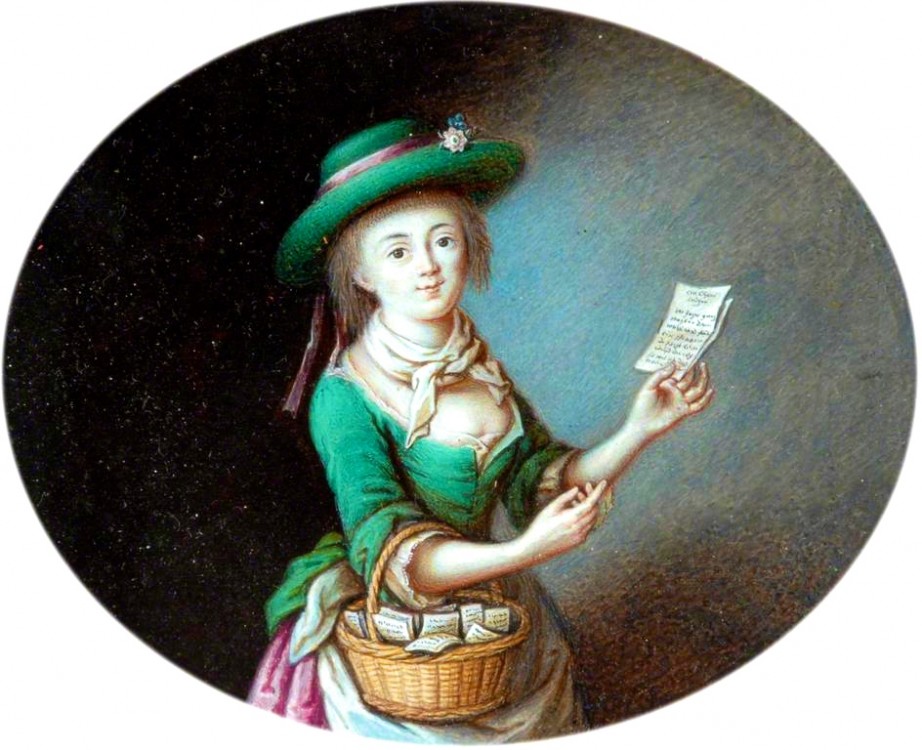
So just who is in charge of this damn planet anyway? Is it a small group of people with one plan? A large group of people with lots of competing plans? Several groups of people? Does it even make sense to think of "control" in these terms at all?
A new pamphlet is an attempt to answer this question. The case it makes is, yes, it not only makes sense to think of control in these terms, but it is essential. Those of us who believe in the potential for vastly less inequality and poverty, and a richer, more stable natural environment must do so because the few thousand people that are in control don't share the view that anything is profoundly wrong; they are most certainly conscious of their power and busy doing what they can to extend it, and would like the rest of us to leave them to it.
This is not the story of a conspiracy in the dramatic Hollywood meaning of the word. There are no dark, smoky control rooms where a group of shady individuals are plotting together to spread mayhem and misery purely for their own enjoyment or profit. There is profiteering aplenty and there is a surfeit of selfish and villainous behavior, to be sure, but it would be unhelpfully simplistic to characterize it as a conspiracy because that invites us to ignore some of the important ways in which the whole seething system works. It doesn’t need that sort of active plotting to do its thing, and to a certain extent there are no people alive who are as powerful as they'd need to be to orchestrate control in that way.
We're in a system, and to thrive it just needs internal logical consistency, enough alignment of motives, and a degree of misunderstanding amongst those who would change it. The road to hell is paved with the good intentions of those who misunderstand how complex systems work. And what we’re talking about here is the mother-system for all the many complex systems on our planet.
The purpose of this pamphlet is to try to define some of what makes the system operate in the way it does, and therefore help stimulate discussion, and hopefully introduce some new ideas on how change might be achieved.
We start by looking inwards, at our cognitive capacities. The world we see around us today is a reflection of human consciousness; we long since passed the point where we could say, "it wasn't us." So whatever challenges we face – climate change, rampant inequality, endless violent conflict or vast impoverishment – are challenges, first and foremost, of and for the human mind. It helps, therefore, to spend a small amount of time reflecting on what we know about its character.
Then we turn to what might be more familiar territory: power theories, processes and players. This breaks into six parts: The Neoliberal Heart and Soul, Fashions in Global Power, Financial Might, Concentration of Corporate Power, Active Political Projects and In Their Own Words.
And finally, a few thoughts on the system's internal logic; that alignment of forces that mean none of this was really planned and no one is actually to blame. This is looked at in The Logic Within, and we conclude with the most human considerations in Facing Ourselves and Where Hope Lies.
We have presented this argument as a pamphlet in honor of the long and distinguished history pamphlets have of spreading ideas that might not be well liked in the corridors, taverns and tents of power. The alarming "The Kings Maiesties Alarum for Open War, Declared by His setting up His Standard at Dunsmore-Heath," published in 1642, helped kick off the English civil war. Thomas Paine's "Common Sense" (1776) declared that "these are times that try men's souls" and helped start the American Revolution.
The French went pamphlet mad in the run up to the French Revolution of 1789 with everyone from the King's Ministers to philosophers to revolutionaries churning out tens of thousands of fiery pages. In August 1789 the National Assembly declared that "all citizens can speak, write and print freely" and the whole system of state censorship began to break down. Pamphlets helped spread anti-slavery ideas in America, like the wonderfully titled, "Am I Not a Man and a Brother?" (1810). The heyday of the pamphlet drew to a close once radio and the cinema hit. We think they might be due a comeback, for the digital age.
3 WAYS TO SHOW YOUR SUPPORT
- Log in to post comments













